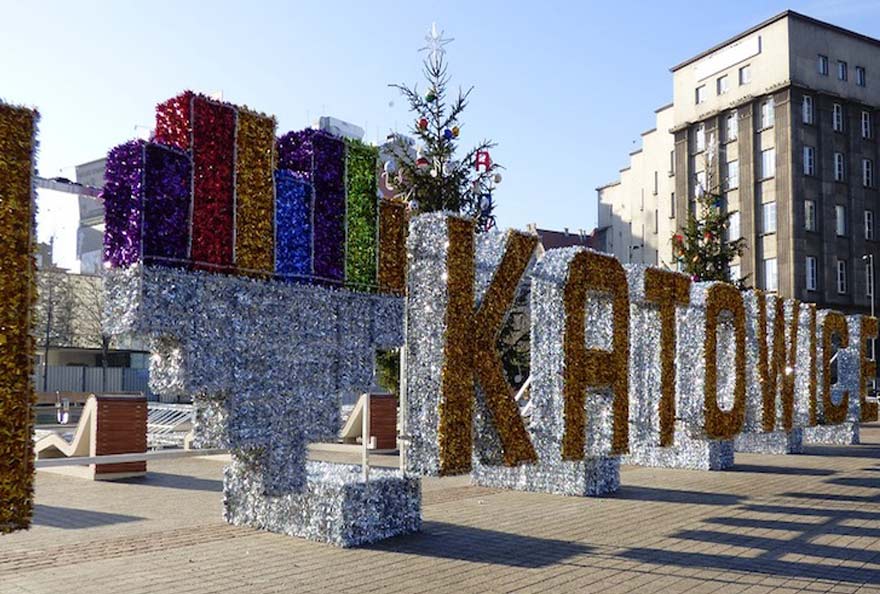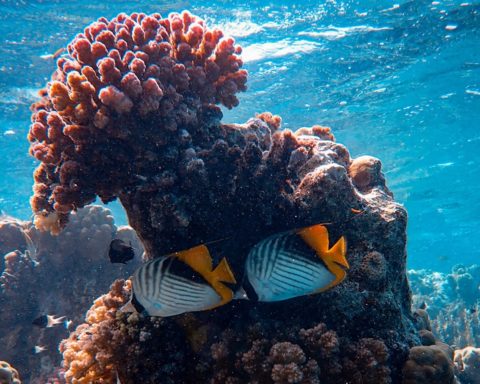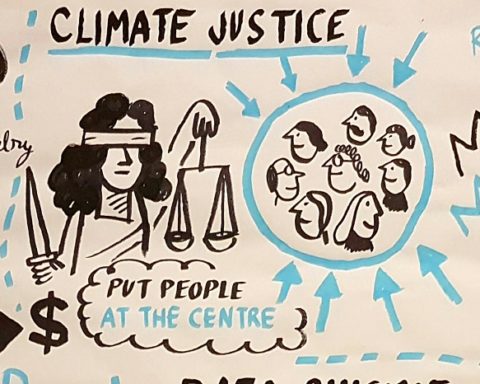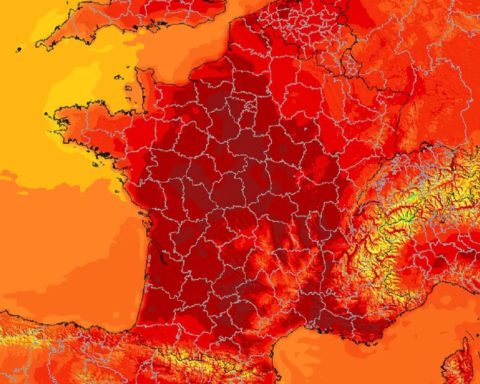COP 24 is being held from 2 December: What can we expect from it?

Defining the procedures and instruments of governance of the Paris Agreement
Boosting the political process for more ambitious climate action
Anything to add? Say it as a comment.

Anything to add? Say it as a comment.
Why not enjoy unlimited reading of UP'? Subscribe from €1.90 per week.



Already registered? I'm connecting
Register and read three articles for free. Subscribe to our newsletter to keep up to date with the latest news.
→ Register for free to continue reading.

You have received 3 free articles to discover UP'.





